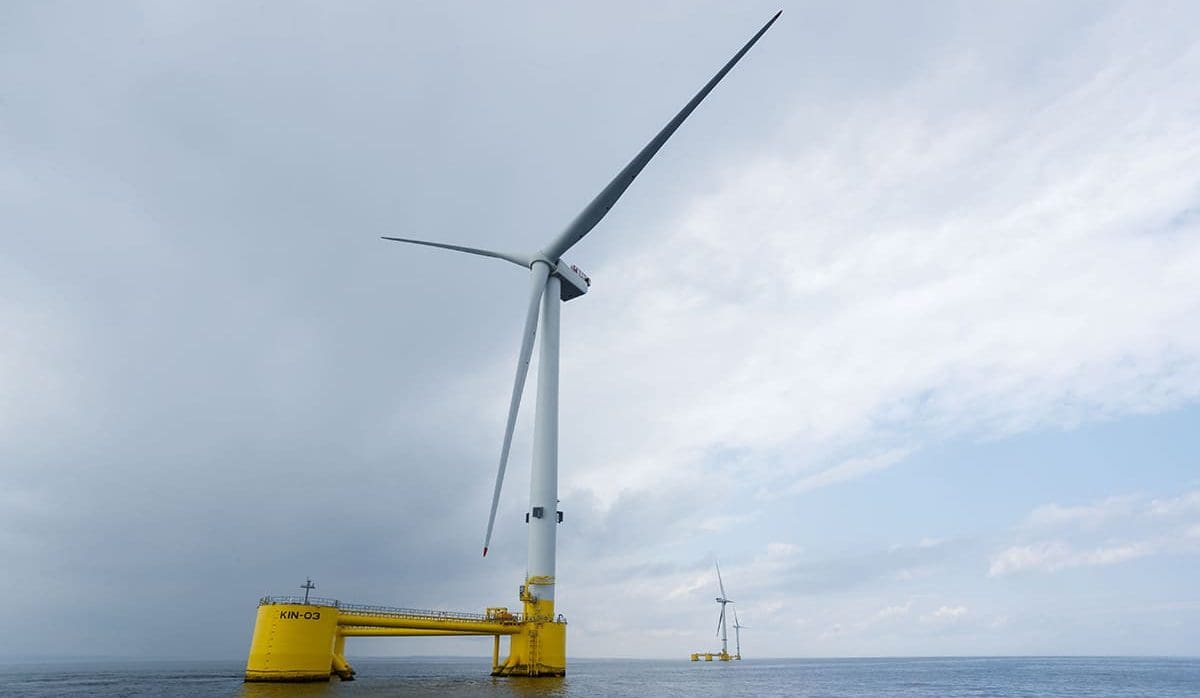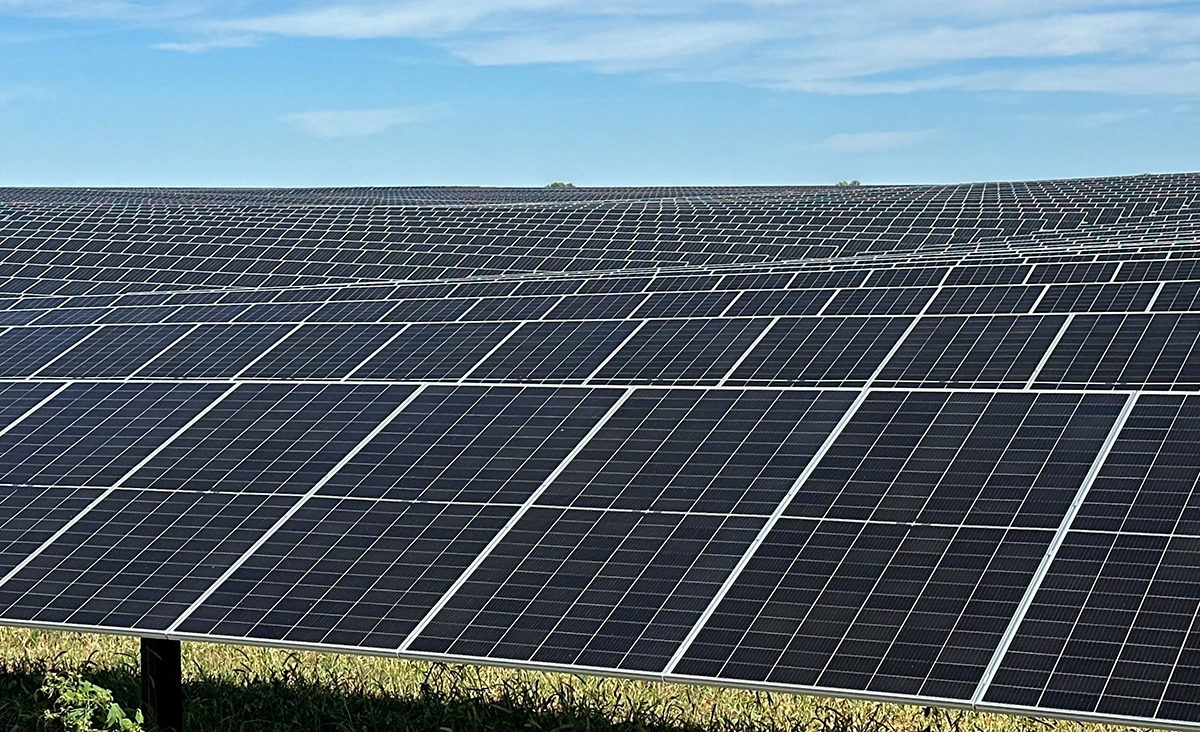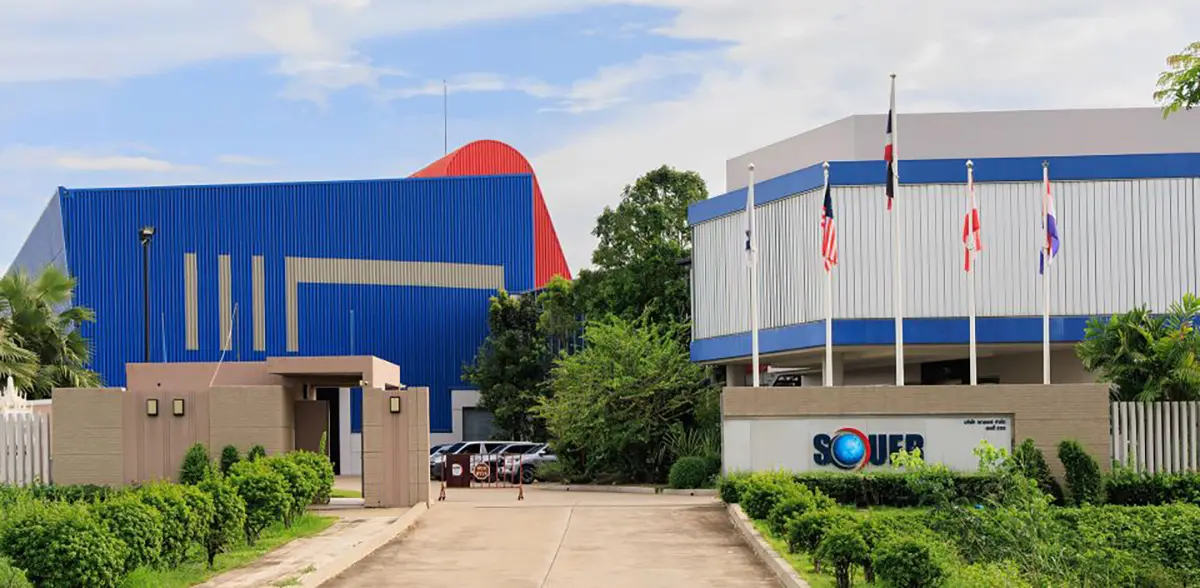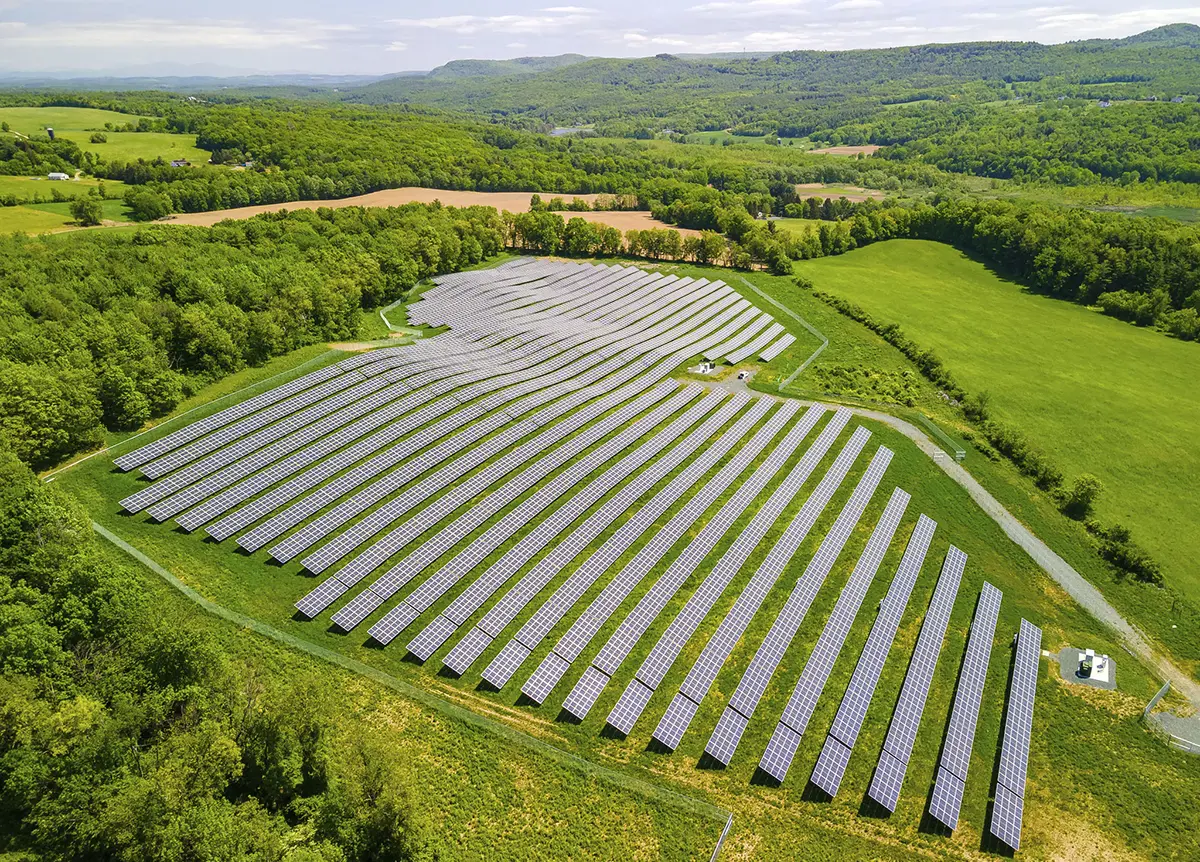
European Commission Calls For Environmental Sustainability To Be At The Core Of EU Education And Training Systems
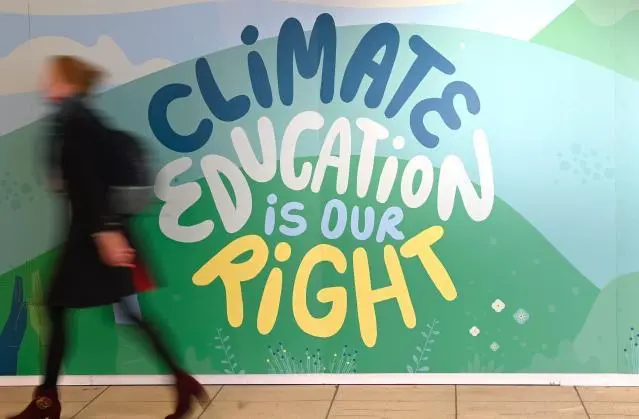
The European Commission published a proposal for a Council Recommendation on learning for environmental sustainability. The aim of the proposal is to support Member States, schools, higher education institutions, non-governmental organizations, and all education providers in equipping learners with understanding and skills on sustainability, climate change, and the environment. A new European competence framework on sustainability published by the Joint Research Center maps out the competences needed for the green transition, including critical thinking, initiative-taking, respecting nature, and understanding the impact everyday actions and decisions have on the environment and the global climate.
“Youth participation has been revolutionizing the way we look at climate and the environment,” said Margaritis Schinas, vice-president for the promoting European way of life. “Through our youth programs, European Solidarity Corps, and DiscoverEU, we promote the sustainability drive involving our youth. This is a step further in the work toward a better integration of sustainability in education.”
“There is tremendous work being done right across Europe to help children, young people, and adults learn about and engage with climate change, biodiversity loss, and sustainability,” said Mariya Gabriel, commissioner for innovation, research, culture, education, and youth. “Our goal is to build on these efforts and to work closely with Member States to place sustainability at the heart of education and training systems. All learners from an early age need opportunities to understand and take action for environmental sustainability, to protect our planet and our future.”
Actionable Steps
The Commission’s proposal calls on Member States to:
- Provide learners of all ages access to high-quality and inclusive education and training on climate change, biodiversity, and sustainability
- Establish learning for environmental sustainability as a priority area in education and training policies and programs in order to support and enable the sector to contribute to the green transition
- Encourage and support whole-institution approaches to sustainability which encompass teaching and learning; developing visions, planning and governance; active involvement of students and staff; management of buildings and resources and partnerships with local and wider communities
- Mobilize national and EU funds for investment in sustainable and green infrastructure, training, tools, and resources to increase resilience and preparedness of education and training for the green transition.
When asked in a Eurobarometer survey, what should be the top priorities for the EU in the years to come, young people’s first reply was the protection of the environment and the fight against climate change (67%) followed by the improvement of education and training (56%). To the European Commission, this response shows how important it is to act.
The 2021 to 2027 Erasmus+ program also places a strong focus on the green transition in education and training. For the 2022 annual work program, priority will be given to projects developing green competences and skills, future-oriented curricula, and planned approaches to sustainability by education providers.
A specific call for large-scale projects will provide funding to identify, develop, and test innovative approaches to education for environmental sustainability. The Commission will also provide training opportunities and communities of practice for educators through School Education Gateway and eTwinning. The new European Education Area Portal of the Commission allows for easy access to information on education and training in the EU, including specific information on green education.
Next Steps
The Commission’s proposal will be discussed by Member States and then adopted by EU education Ministers. The Commission will support the implementation of the Recommendation through learning and exchanges between Member States, stakeholders, and partner countries.
Background
To prepare the proposal, the Commission consulted widely on the current state of play regarding learning opportunities for environmental sustainability in the European Union. A public survey, which ran from June to September 2021, received more than 1300 responses as well as 95 position papers. Input was also gathered during a series of online consultation workshops with policy makers, teachers, youth organizations, social partners, researchers, and other interested bodies and organizations. The consultations underlined the crucial role of education and training in helping people understand and act on environmental sustainability.
In the public survey, 71% of respondents ranked education and training as the most important sector in this regard, ahead of public bodies and governments (56%), and media (34%). Providing teachers, trainers, youth leaders, and academic staff with quality professional development opportunities on the environment and sustainability was considered a main priority for action, along with making sustainability a cross-cutting issue in curricula and study programs.




